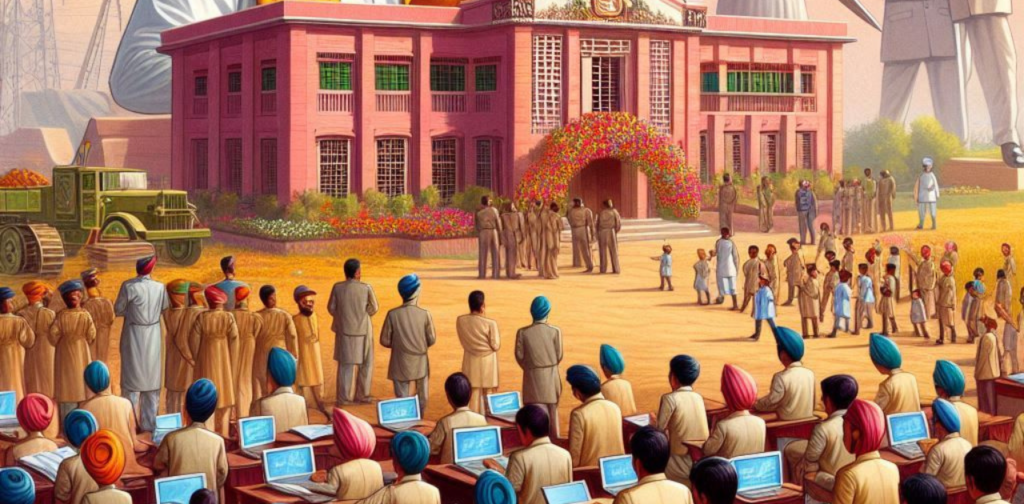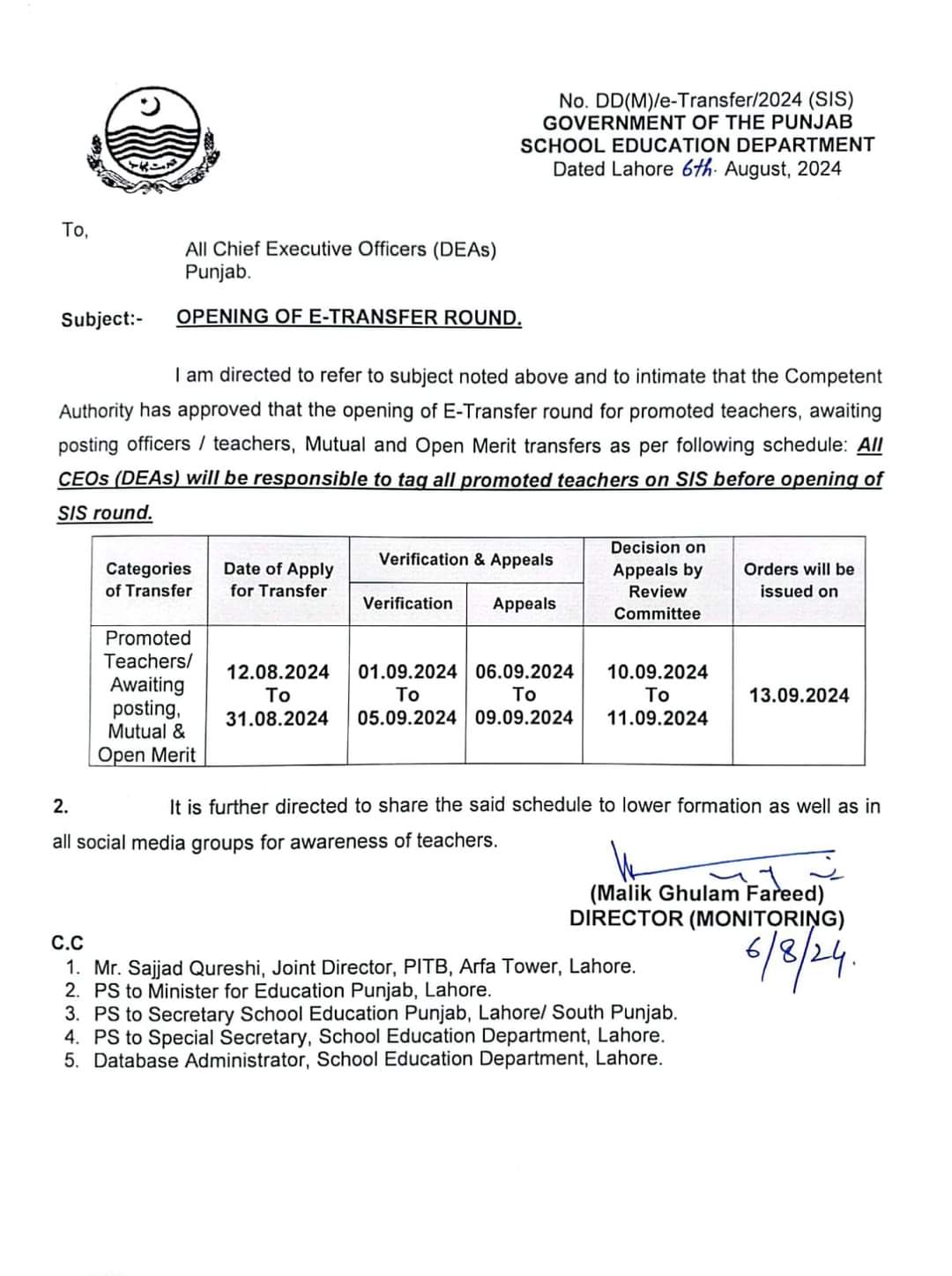Punjab handed over thousands of schools to the private sector.
Contents
Punjab handed over thousands of schools to the private sector.
Introduction
The Punjab government has taken an important decision to transfer thousands of government schools to the private sector. The initiative aims to address key challenges facing the public education system, including teacher shortages, poor infrastructure, and low academic performance. Although the government claims that this privatization will improve the quality of education, the decision has sparked widespread debate and concerns among various stakeholders.
Body

The Punjab government
has started a phased process for the privatization of schools. In the first phase, thousands of schools with limited teaching staff or no teachers were handed over to private education management authorities. The second and third phases involve transfer of additional schools to private institutions and non-governmental organizations respectively.
The government’s rationale behind this decision is to leverage the expertise and resources of the private sector to improve educational outcomes. By introducing competition and performance-based incentives, private management is expected to lead to better infrastructure, qualified teachers and a better learning environment.
key points

- Mass: Privatization affects thousands of schools across Punjab, affecting a significant portion of the student population.
- Phasewise Implementation: The government is implementing privatization in a phased manner to monitor its impact and make necessary adjustments.
- Teachers’ Concerns: The transfer of schools has raised concerns among teachers regarding job security, pay and working conditions.
- QUALITY ASSURANCE: Ensuring the quality of education in privatized schools is a major challenge that requires strong monitoring and evaluation mechanisms.
- Eligibility: There are concerns that privatization could lead to increased fees, making education unaffordable for low-income families.

Table: Comparison of Public and Private Schools
| Feature | Public Schools | Private Schools |
|---|---|---|
| Funding | Government budget Tuition Fees, Donations | |
| Recruitment of teachers Recruitment Process of Govt Private Management Recruitment | ||
| Infrastructure | Often underfunded and in poor condition Better facilities in general | |
| Syllabus | Government order May vary by institution | |
| Fee | Free | Different fee structures |
Result
Privatization of thousands
of schools in Punjab is a bold move that has the potential to transform the education landscape. While this offers opportunities for improvement, it also presents significant challenges. The success of this initiative depends on effective implementation, strict quality control, and measures to ensure affordability and accessibility for all students.

Frequently Asked Questions
- No, the government plans to privatize schools in a phased manner based on certain criteria.
What about teachers in privatized schools? - Teachers may have the option to transfer to other public schools or be employed by the new private management.
Will the fees of privatized schools increase? - The government has to implement measures to curb the increase in surcharges and ensure affordability.
How will the government monitor the quality of education in private schools? - A strong monitoring and evaluation system is essential to evaluate the performance of privatized schools.
*What are the long-term effects of this policy? - Long-term effects on access, quality and equity in education will depend on the effectiveness of implementation and monitoring.








